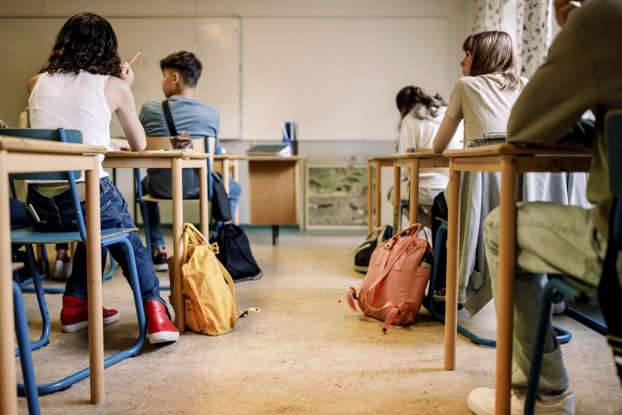In recent years, a number of schools in the United States have made the controversial decision to ban backpacks on their premises. This move has sparked considerable debate among educators, parents, and students alike. While the reasons for implementing such a policy may vary from one school to another, several common motivations have emerged. This article explores the rationale behind schools banning backpacks and discusses the potential benefits and drawbacks associated with this decision.
Enhanced Security:
One of the primary drivers behind the backpack ban is the desire to improve security on school premises. Backpacks provide students with ample space to carry personal belongings, but they can also serve as a convenient hiding place for prohibited items, such as weapons or drugs. By eliminating backpacks, schools aim to minimize the risk of these items being brought onto campus unnoticed, thus fostering a safer learning environment.
Reduction of Bullying and Theft:
Another significant concern is the prevalence of bullying and theft incidents in schools. Backpacks offer students a private space where personal belongings can be hidden, making them an easy target for theft. Moreover, large backpacks can be used as a tool for physical intimidation or harassment. By eliminating backpacks, schools aim to reduce the opportunities for these negative behaviors, promoting a more inclusive and secure atmosphere.
Streamlining Traffic and Hallway Congestion:
Schools often experience traffic congestion in hallways, especially during peak periods between classes. Bulky backpacks contribute to this issue, making it difficult for students to navigate through crowded areas quickly and efficiently. By prohibiting backpacks, schools aim to streamline traffic flow, reduce hallway congestion, and create a more organized and productive learning environment.
Encouraging Organization and Responsibility:
The ban on backpacks encourages students to develop better organizational skills and take greater responsibility for their belongings. Without the option to carry everything in a backpack, students must prioritize and select only essential items, promoting a more focused approach to their studies. Additionally, this policy may encourage students to utilize lockers or other storage alternatives, promoting responsibility and accountability for their possessions.
Health and Safety Concerns:
The weight of backpacks has long been a concern for educators and healthcare professionals. Carrying heavy loads on a regular basis can lead to back, shoulder, and neck pain, as well as posture problems. By eliminating backpacks, schools aim to reduce the physical strain on students' bodies and promote better long-term health. Instead, students may be encouraged to use lightweight bags or carry only essential materials in their hands.
Conclusion:
While the decision to ban backpacks in schools remains controversial, it is important to understand the motivations behind such policies. Enhanced security, reduction of bullying and theft, streamlining traffic and hallway congestion, encouraging organization and responsibility, and addressing health and safety concerns are among the key factors influencing these decisions. However, it is crucial to consider potential drawbacks, such as limited storage alternatives and inconvenience for students. Ultimately, each school must carefully weigh the benefits and drawbacks before implementing a backpack ban, taking into account the unique needs and circumstances of their students and community.




No comments yet
Be the first to share your thoughts!